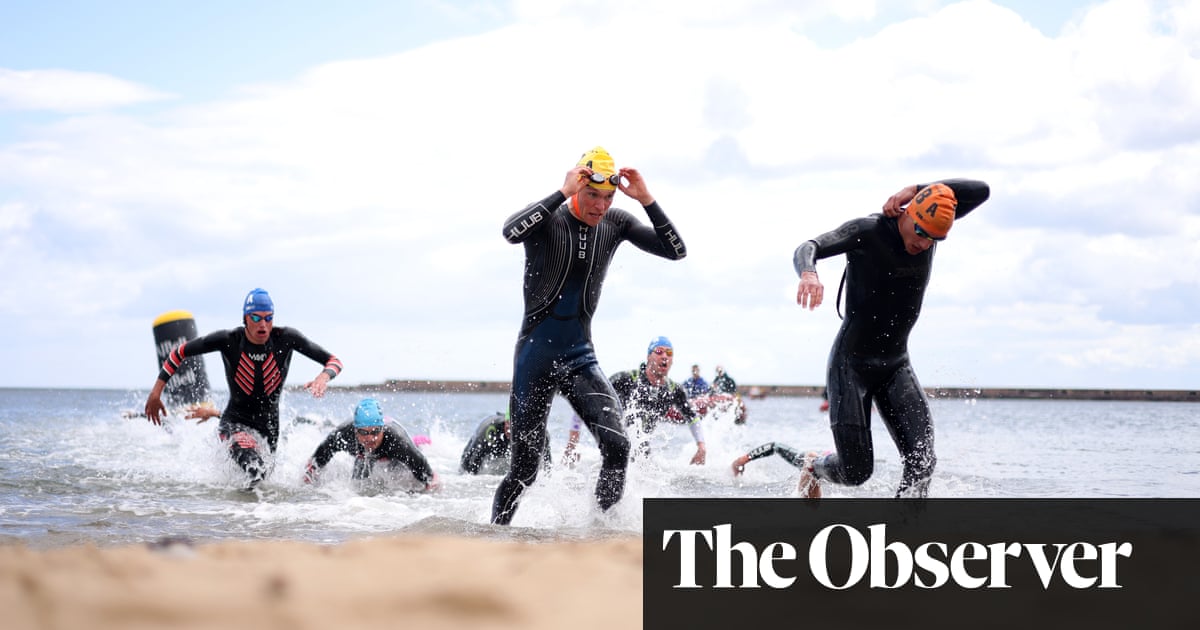You’ve heard of Delhi Belly. Now get ready for The Shitish Empire
The U.K. really does seem to be going down the drain.
We moved back to the U.K. last year, after 5 years living abroad and it was shocking just how much worse things are than before we left, in many many ways.
A declining nation, still putting on a brave face of over-confidence about its place in the world, citing long-past glories (but don’t you dare get all woke saying that the empire was built on enslaving people to plunder their own resources.)
A declining world. Global warming, global conflicts, civil unrest, illness etc. don’t worry tho there’s unlimited haha funny videos on the toktik for you to enjoy!
Well that’s shitty
Reddit tier joke
I was hoping we’d stop getting these stupid jokes on every post but here we are
You have a Reddit avatar
Yeah because I hate it blank and didn’t know what else to put there. So I’m all ears!
I hope it came out alright.
This is the best summary I could come up with:
At least 57 people fell ill with sickness and diarrhoea after competing in sea swimming events at the World Triathlon Championship Series in Sunderland, health officials confirmed this weekend.
An Environment Agency sampling at Roker beach on Wednesday 26 July, three days before the event, showed 3,900 E Coli colonies per 100ml, more than 39 times higher than typical readings the previous month.
Ailith Eve Harley-Roberts, 51, from Leeds, who competed in the standard category with a 1,500-metre sea swim, said she had not fallen ill but fellow competitors suffered stomach upsets.
Eva Perrin, science and research officer at campaign group Surfers Against Sewage, said: “The sample taken on 26 July showed unprecedented levels of E coli well over what is natural for this water body or safe for human recreational use, and urgently needs to be investigated.”
A pre-action letter was sent on his behalf by the Environmental Law Foundation to the Department for Environment, Food and Rural Affairs (Defra) and the regulator Ofwat in June for a proposed judicial review, alleging there were 122 discharges in 2021 alone from the Whitburn sea outfall, totalling 821,088 tonnes of sewage and storm water.
Data published by the charity the Rivers Trust based on returns from water firms shows a sewer storm overflow discharged into the Wear Estuary, near the triathlon event, 28 times in 2022 for a total of 370 hours.
I’m a bot and I’m open source!
Our fucking water is a joke
Imagine how bad this would be if we weren’t an island.
A good read about British water companies dumping raw sewage into rivers:
Summary:
The article “Sewage sleuths: the men who revealed the slow, dirty death of Welsh and English rivers” discusses the pollution of rivers in England and Wales due to sewage and agricultural waste. Water companies have been accused of releasing billions of litres of raw sewage into rivers, including the Thames. In response to these allegations, the Environment Agency (EA) and Ofwat announced an investigation into water companies in England and Wales on November 18, 2021 . However, the article also highlights that most of the pollution in rivers like the Wye comes from agriculture rather than sewage works, and there is no quick fix for this problem. Regulators have retreated from checking whether farmers are following the rules around pollution, just as they did for water companies, leading to similar consequences . The article emphasizes the lack of government action and enforcement of environmental protection laws, which has allowed river pollution to continue. It also raises concerns about the potential impacts of this pollution on public health, wildlife, and the environment .






